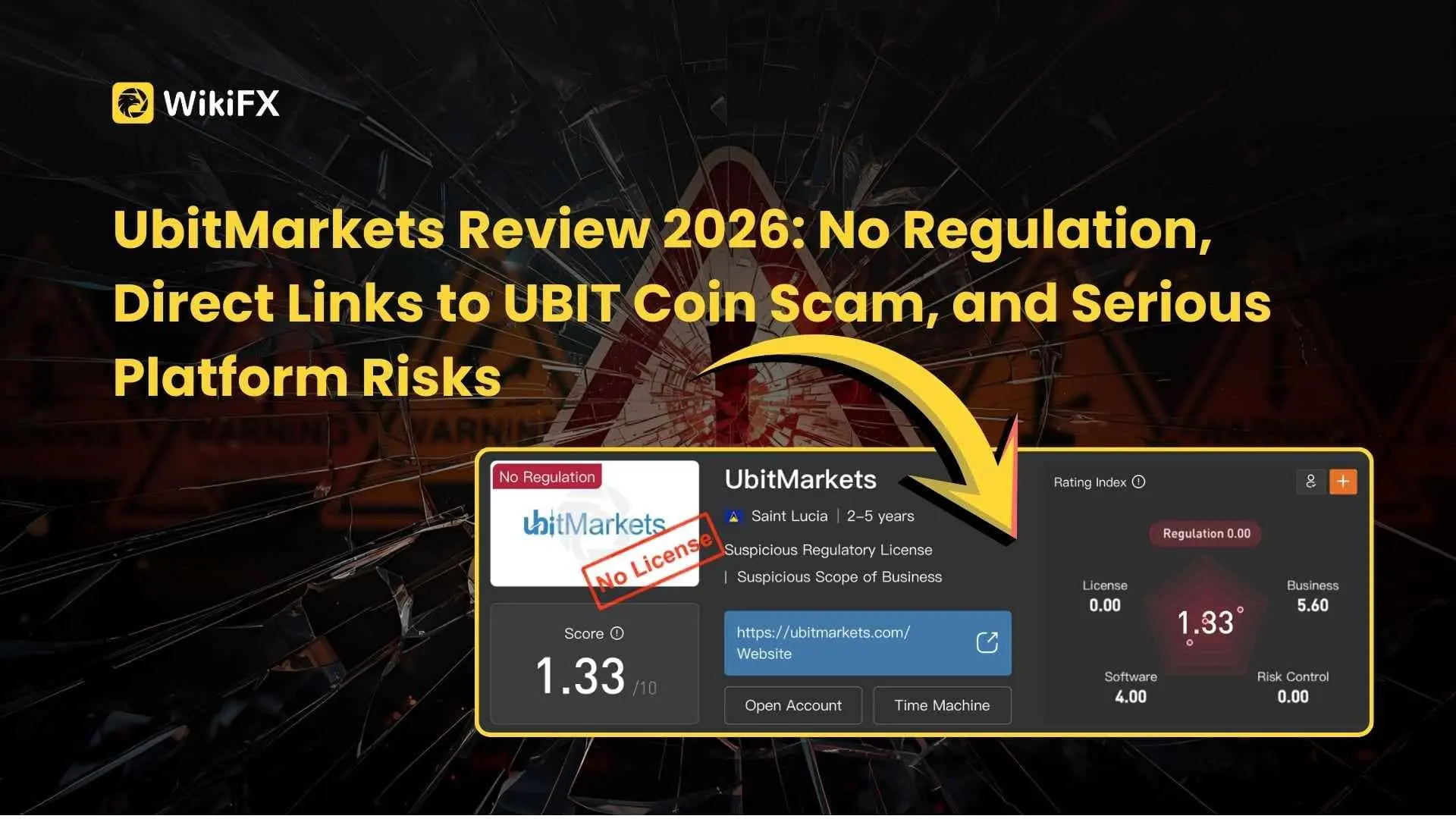UbitMarkets Review 2026: No Regulation, Direct Links to UBIT Coin Scam, and Serious Platform Risks
UbitMarkets review reveals no valid license and direct links to a fraudulent project, raising serious concerns over investor fund safety.
简体中文
繁體中文
English
Pусский
日本語
ภาษาไทย
Tiếng Việt
Bahasa Indonesia
Español
हिन्दी
Filippiiniläinen
Français
Deutsch
Português
Türkçe
한국어
العربية
Abstract:Bitcoin Lightning Network has a vulnerability exposed by developer Antoine Riard. No attacks reported yet, but patches are in place for safety.

In a recent endeavor to ensure transparency and the highest level of security for its users, a significant vulnerability has come to light in the Bitcoin Lightning Network, a second-layer solution specifically designed to boost transaction speeds on the Bitcoin blockchain.
The potential security concern, termed “replacement cycling attacks,” was brought forward by distinguished Bitcoin developer, Antoine Riard. This flaw poses a risk, potentially compromising the security of funds being transferred via the Lightning Network.
The identified vulnerability could pave the way for seasoned attackers to execute what is known as a “transaction-relay jamming attack.” This type of breach specifically targets an integral component of the Lightning Network, the Hash Time Locked Contracts (HTLC). Such an assault would primarily disrupt the regular flow of transactions, leading to possible delays or, in some cases, completely blocking their processing.
The consequences of this flaw can be severe, including the risk of funds getting lost within the networks transaction channels.

However, it's vital to note that despite the potential severity of this flaw, there have been no confirmed real-world exploitations of this vulnerability so far. Richard emphasized that observation over the past 10 months does not indicate any such malicious activities on the Bitcoin mainnet.
Further action has been taken swiftly, with Riard promptly disclosing the potential flaw to Lightning developers. In response, preventive patches have been launched across major Lightning Network platforms, including Eclair, LND, and C-Lightning. Yet, Riard has voiced concerns regarding the robustness of these countermeasures when faced with more sophisticated versions of the attack.
The repercussions of this discovered flaw might not be limited to the Lightning Network alone. Indications from Riard's report suggest that a variety of other Bitcoin protocols and applications could also be at risk. These encompass processes like conjoins, peer swaps, and batch payouts.
In a parallel development, Riard, the pioneer in detecting the vulnerability, has taken the decision to step back from Lightning Network development. His decision underlines the intricate challenges associated with addressing such security dilemmas at foundational protocol levels.
Despite its challenges, the Lightning Network has made significant strides since its inauguration in 2018. As of now, it has secured a total value of $159.5 million, data courtesy of DefiLlama. Nonetheless, in comparison to Bitcoin's staggering market capitalization of $587 billion, there's ample room for growth and refinement.
In conclusion, as digital currency moves closer to general usage, this revelation emphasizes the necessity of constant attention, fast response, and the crypto community's dedication to provide a safe and secure environment for its users.

Disclaimer:
The views in this article only represent the author's personal views, and do not constitute investment advice on this platform. This platform does not guarantee the accuracy, completeness and timeliness of the information in the article, and will not be liable for any loss caused by the use of or reliance on the information in the article.

UbitMarkets review reveals no valid license and direct links to a fraudulent project, raising serious concerns over investor fund safety.

A rare inside look at a scam compound in Myanmar reveals how a global, industrial-scale fraud network operates—using trafficked labour, fake identities, deepfakes and staged romance to systematically drain victims’ savings worldwide.

Is withdrawing capital from PaxForex too difficult for traders? Has the China-based forex broker made you trade gold, silver and cryptocurrencies despite not having an office in the United States? Do you find its operational style suspicious? You are not alone! Several traders have expressed these concerns when trading with the broker. In this PaxForex review article, we have exposed the broker through user comments made on several review platforms. Take a look!

UK FCA urges firms to tighten complex ETP sales, citing rising retail demand and risks tied to leverage and social media promotions.
